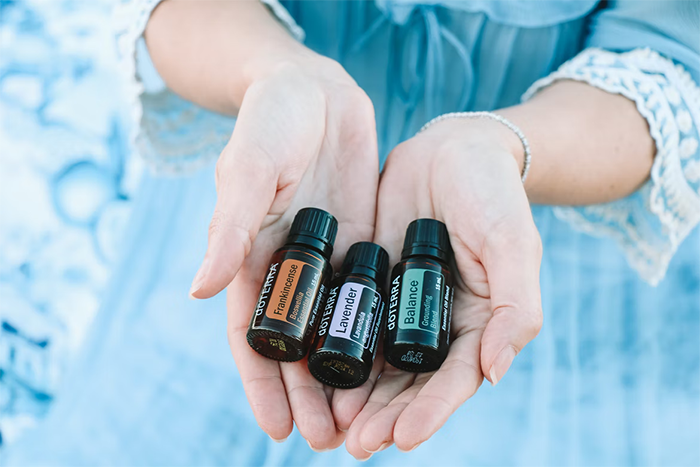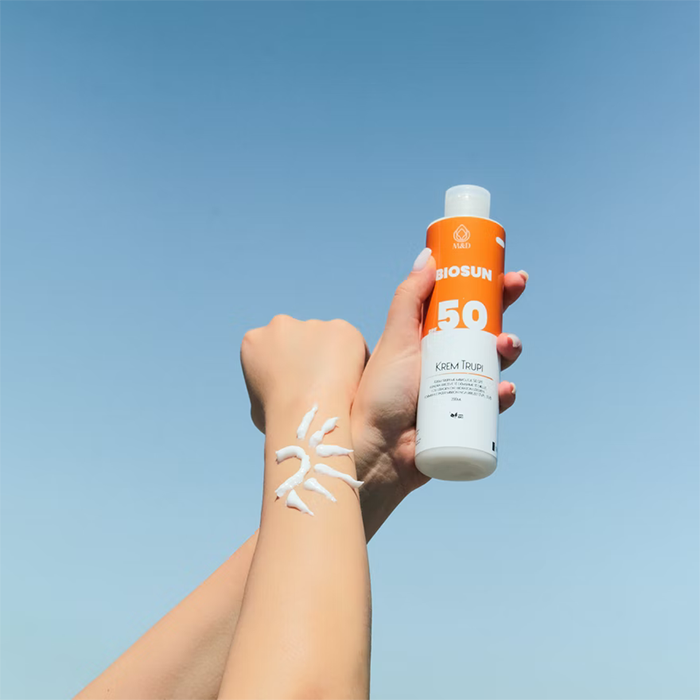Anyone who has ever owned a pet knows about the anxieties of giving them new foods, as what is safe for human consumption is not necessarily safe for animals.
But food shouldn’t be the only thing we have to watch out for when we are taking care of our furry friends as some skincare ingredients can be as toxic as chocolate to them.
Think about it – we’re slathering products of all kinds on our skin every day, and our pets come bolting towards us wanting to rub themselves against our legs or try to lick our faces.
While we’re always concerned with whether these skincare ingredients will irritate our skin, perhaps it is time to look into common skincare ingredients that could be toxic for our pets.
Rogaine / Minoxidil

Those suffering from hair loss might already be familiar with the topical treatment drug minoxidil, also known by its brand name Rogaine.
Both cats and dogs are highly sensitive to this drug as it can lower their blood pressure and affect heart function, resulting in death.
Cats especially were found to have an increased risk of ingesting minoxidil, as these pets are more likely to lick the owner’s skin or pillowcase.
Lilies and other flowers

Lilies are extremely toxic to our furry felines. Ingesting any part of it can cause complete kidney failure within 36 to 72 hours.
Other flowers pets should avoid are daffodils, hyacinths, carnations, rhododendron, hydrangea, and foxglove.
Despite flowers being common fragrance notes, the oil in perfume is not as toxic as the plant or pollen. Still, it is best not to let your pet come in contact with your fragrance.
Essential oils

Do you have a diffuser running in your home with essential oils in it? You might need to stop that as soon as possible as many essential oils are highly toxic to pets.
Some toxic essential oils that can be commonly found in skincare include eucalyptus oil, tea tree oil, citrus oil, ylang ylang oil, and peppermint oil.
These oils are toxic whether taken internally, applied to the skin, or simply inhaled. They can cause liver damage, liver failure, respiratory failure, seizures, and even death.
Xylitol

A sugar alcohol that may be plant-derived or synthetic, xylitol occurs naturally in many fruits and vegetables. It is sometimes used to hydrate and strengthen the skin’s barrier when found in skincare products.
However, xylitol is extremely toxic to dogs. It can cause low blood sugar, seizures, liver failure, and even death.
Lower doses of xylitol cause low blood sugar while higher doses cause liver failure. It can be difficult to determine how much xylitol is in a product, so it is best to keep any product with xylitol away from dogs.
Salicylic acid

Salicylic acid (also known as BHA) can lead to vomiting, diarrhoea, and even damage to the central nervous system in cats.
The reason why is because it is closely related to the chemical acetylsalicylic acid or aspirin, which is toxic to cats in low dosages as they metabolise it slowly.
It can also be bad for dogs, as large doses can soak through your dog’s stomach and intestines. This can damage their sensitive lining and cause internal bleeding.
Sunscreen

Many sunscreens contain ingredients that are toxic to pets. Mineral sunscreens contain zinc oxide, while chemical sunscreens have salicylates, oxybenzone, and avobenzone.
These ingredients are bad for pets as they can cause vomiting, diarrhoea, and damage to the gastrointestinal tract. Therefore, it is best not to let your pet lick you after applying your daily sunscreen.
And if you are choosing to protect your pet with sunscreen, it is best to pick a product formulated specifically for animals.
Retinoids

Retinoids are vitamin A compounds which are a popular skincare ingredient as they can treat a long list of skin concerns like wrinkles, uneven skin tone, and acne.
Pets can experience stomach upset, vomiting, and other issues if they ingest retinoids. For pets that are pregnant, there is an increased risk of birth defects.
Another potential side effect in dogs is the development of dry eye, where the animal doesn’t have enough tears to lubricate and nourish the eye.
Featured image credit: Krista Mangulsone


